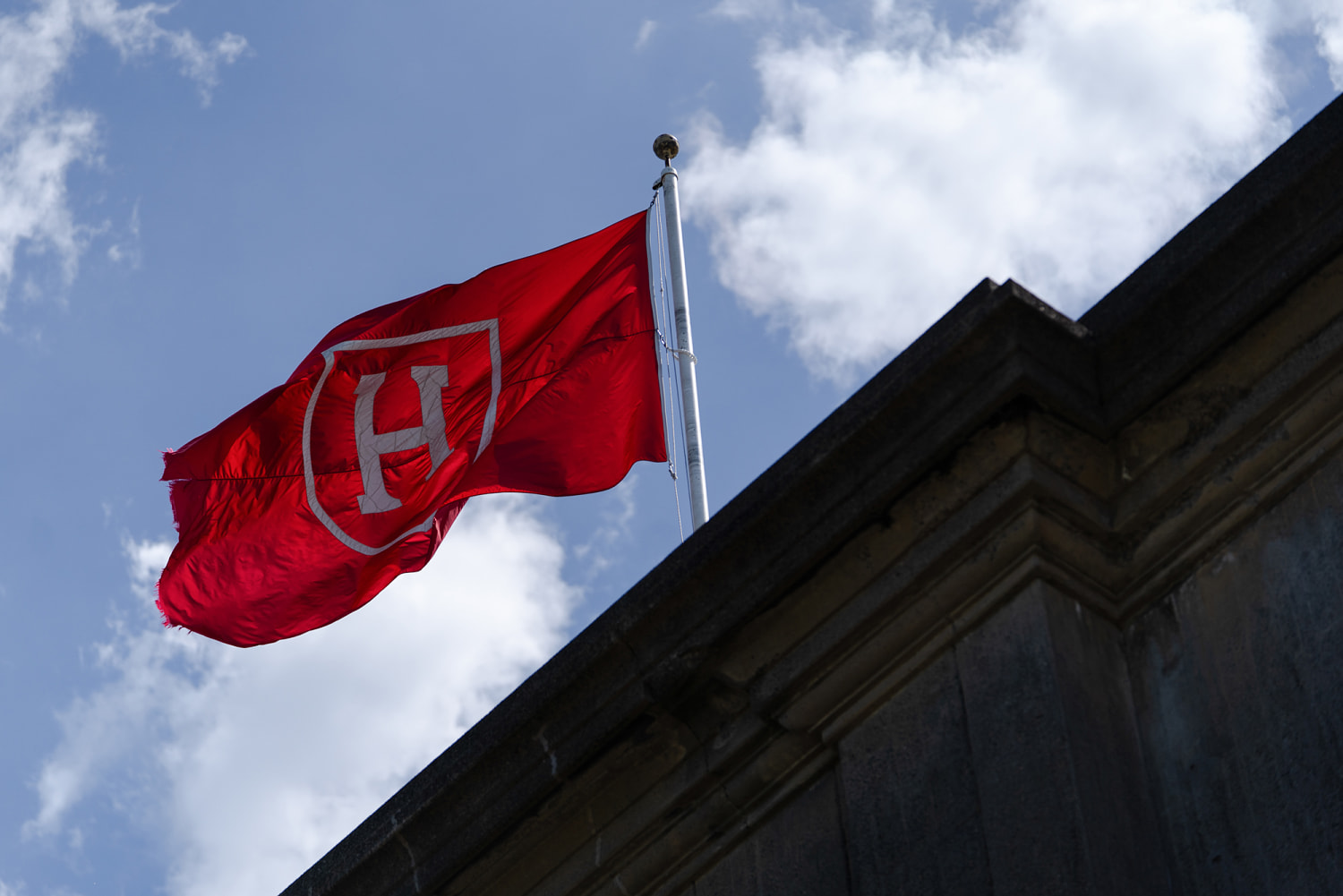
Rabbi Jason Rubenstein, head of Harvard Hillel, was glad to see Moore and Rashid leave the program. He said in a February newsletter that he spoke with Terrence Johnson, the newly named head of Religion and Public Life, and was promised the program would no longer have a “peculiar preoccupation with Israel” and would “sympathetically showcase a variety of Jewish religious and political stances.”
Harvard Divinity School didn’t respond to questions about that account. In a July 10 statement announcing Johnson’s new role, the school said “Johnson aims to broaden the program’s reach by convening conversations across faith traditions, political ideologies, and institutional sectors.”
Kestenbaum, who spoke at the Republican National Convention and in a congressional hearing about antisemitism at Harvard, celebrated Rashid’s resignation.
“I don’t want to pat myself on the back,” he said. “But I did all I could in a personal capacity to get people to understand what was happening at Harvard Divinity School.”
Support for Religion and Public Life began to fray well before Trump took office, but it fully unraveled as the president sought to bring Harvard to heel. On March 28, two weeks after the administration announced that it was investigating Harvard over its alleged mishandling of antisemitism, the divinity school issued an update saying that the program’s curriculum would be overhauled and the Religion, Conflict and Peace Initiative would be paused “to rethink its focus.”
On April 3, a top official on the government’s Task Force to Combat Anti-Semitism named Religion and Public Life in a memo to Harvard lawyers as one of the “problematic depts” that needed new oversight or receivership, according to a recent court filing. The same memo also approvingly detailed items “Already Done by Harvard.” Near the top of the list was the suspension of the Religion, Conflict and Peace Initiative and the sudden departure of Religion and Public Life leadership.
Kirsten Weld, president of the Harvard chapter of the American Association of University Professors and a history professor, said it’s “hard not to draw certain kinds of conclusions” from the timing of the gutting of Religion and Public Life, even if the government didn’t explicitly demand it.
“Now we have a precedent for how to successfully shut down parts of university programming that these folks don’t like,” Weld said. “It does not speak well of the state of academic freedom at Harvard, or more broadly in the United States, and faculty are very deeply concerned.”
Some alumni of the program say they are, too.
“How tragic that something so rare and precious should be destroyed,” Keystone said, “because of opposing voices.”
